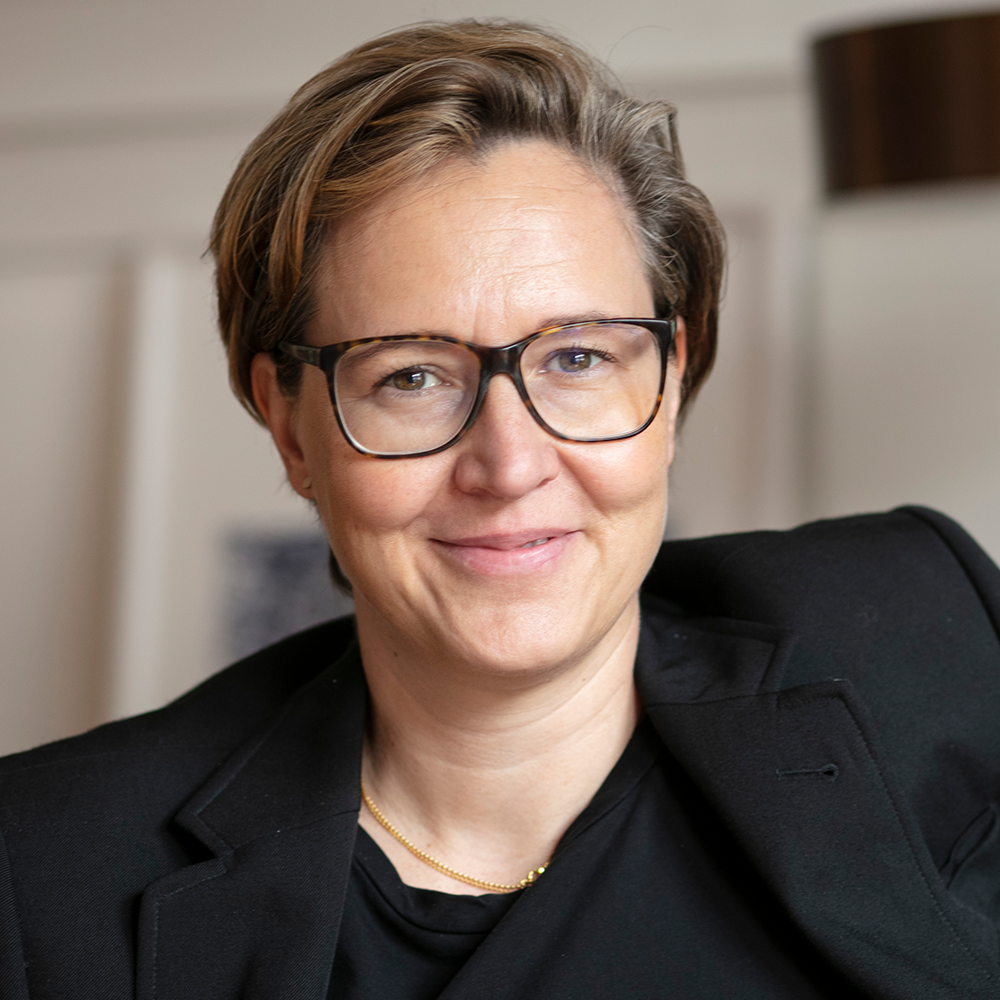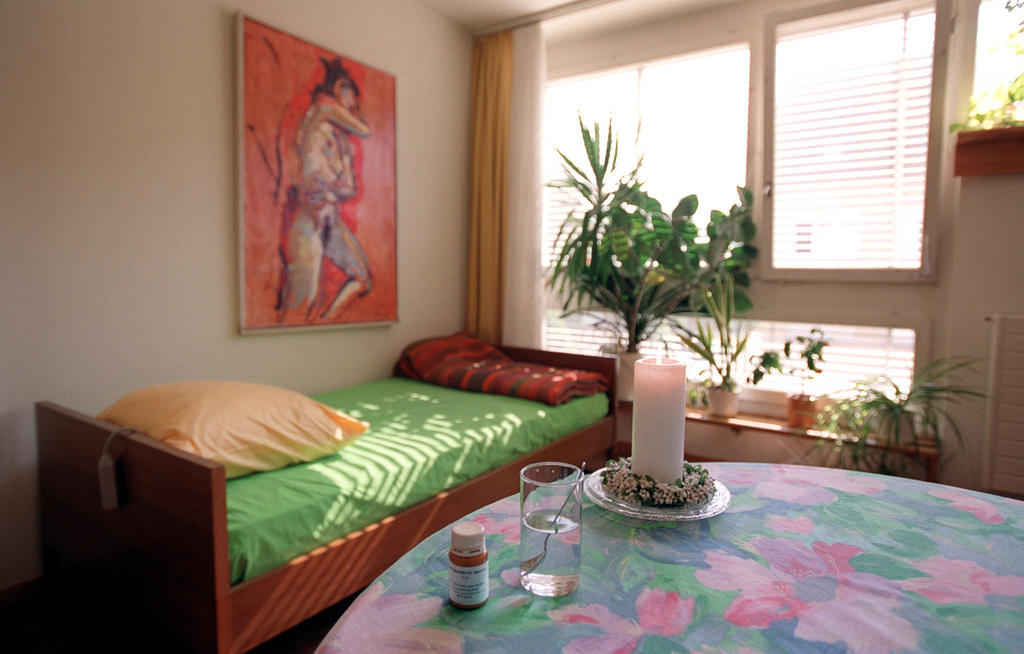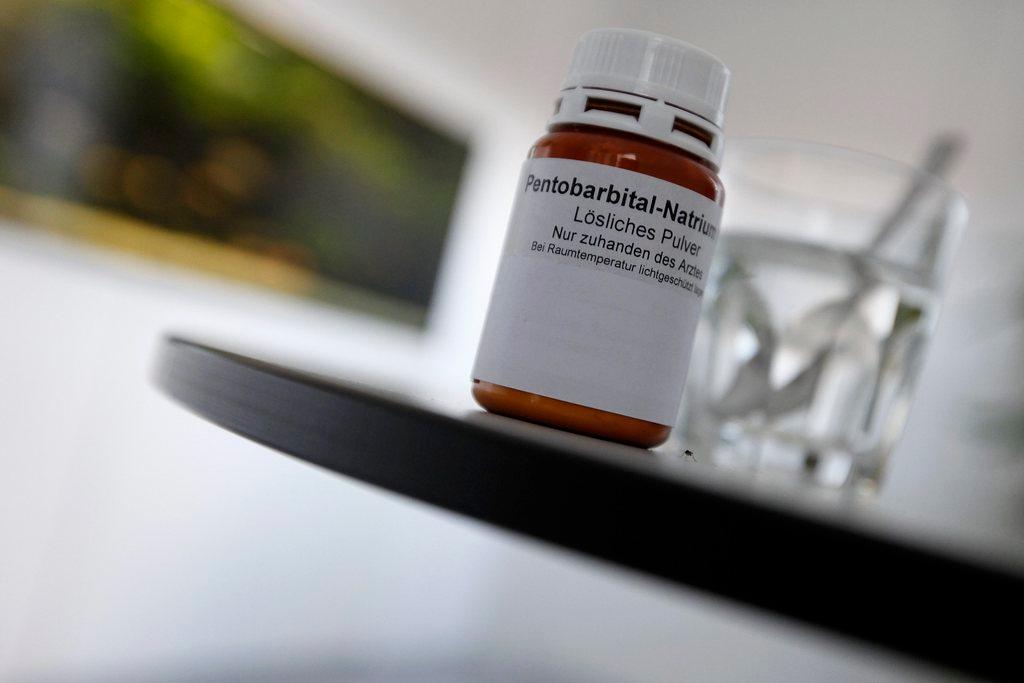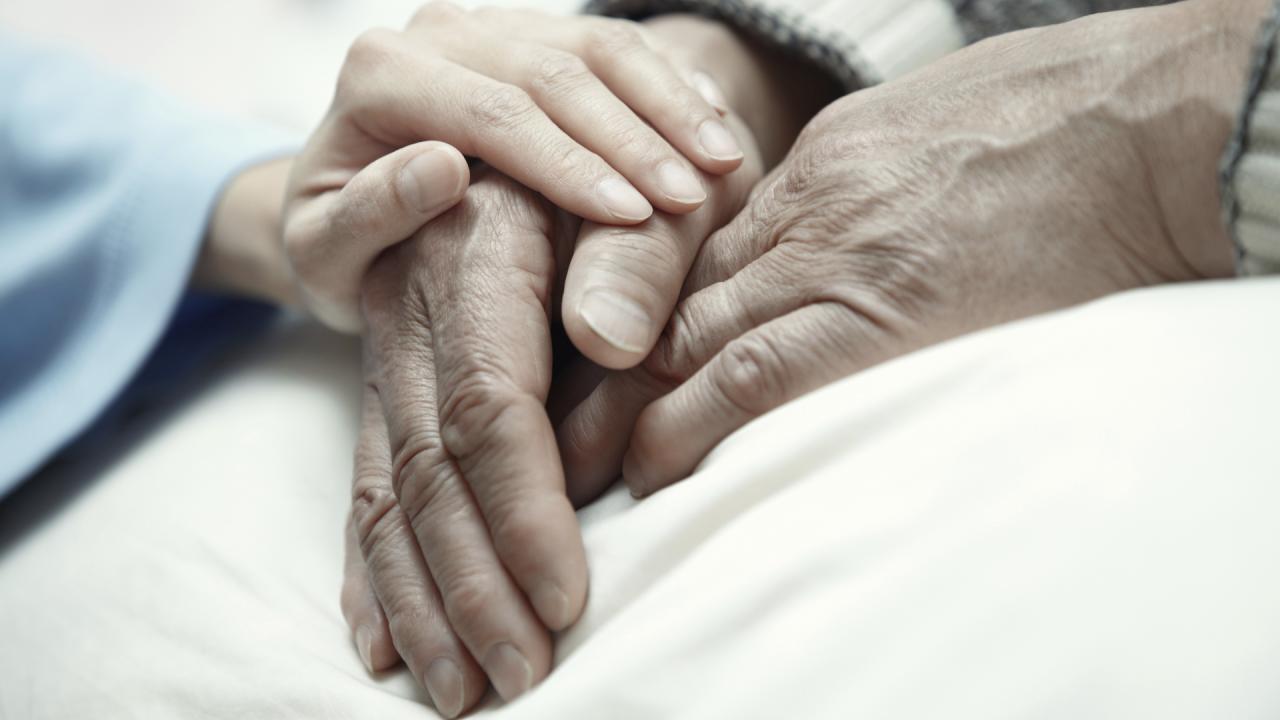Too old, tired or ill to live
The number of people in Switzerland wishing to end their lives with the help of an assisted suicide organisation is on the rise in Switzerland – including people who are not even terminally ill.
Is it right and is choosing one’s own death also a part of life? Or does it lead to pressure on old people to choose death too early? These are the key controversial questions currently shaping debate over assisted suicide in Switzerland – a practice which is still not explicitly regulated. Currently there is no common practice for assisted suicide in care homes.
But interest in choosing how and when to die has risen dramatically of late. More than 1,200 people underwent an assisted suicide in Switzerland last year, over a third more than in the previous year. In 2014, 742 people (320 men and 422 women) chose an assisted suicide, according to the Federal Statistical Office. In 2003 it was 187.
Palliative care: an alternative
Palliative care also deals with the quality of the end of life. “Many relatives are really afraid at the beginning. But going down the final path together can bring you closer. You come to terms with death together and these are valuable experiences for our own lives as well. If you have been through it, then you are less afraid of your own final journey,” said palliative doctor Steffen Eychmüller in an interview with the Blick newspaper two years ago. He is now paving the way for palliative care as an alternative to assisted suicide. The University of Bern has made him Professor of Palliative Care – only the second such position in Switzerland.
A self-determined death is becoming more accepted in society. People increasingly feel that it is the modern way of dying. But the burden for families is often overlooked, critics of assisted suicide organisations like ExitExternal link and DignitasExternal link say. Many relatives are traumatized by an assisted suicide, even years after it has happened, a Swiss study from 2012 has shown. A “natural” death also causes a major crisis for relatives, but psychological problems are more common after an assisted suicide, it concluded.
Death via induced sleep
A University of Zurich study has reported that sleeping pills are being used increasingly in hospitals at the end of life. This usually happens when the patient is terminally ill, is in great pain and simply wants to die. The percentage of these “terminal sedations” has risen dramatically in German-speaking Switzerland in just a very short time, according to the study, which was published by the NZZ am Sonntag newspaper. In 2001, 4.7% of deaths were due to induced sleep; by 2013 this was 17.5%. This is high compared to other countries, the newspaper wrote.
Tell us what you think. Is choosing one’s own death a part of life? Or does legal assisted suicide lead to pressure on older people to choose death too early?
Translated from German by Isobel Leybold-Johnson

In compliance with the JTI standards
More: SWI swissinfo.ch certified by the Journalism Trust Initiative





You can find an overview of ongoing debates with our journalists here. Please join us!
If you want to start a conversation about a topic raised in this article or want to report factual errors, email us at english@swissinfo.ch.